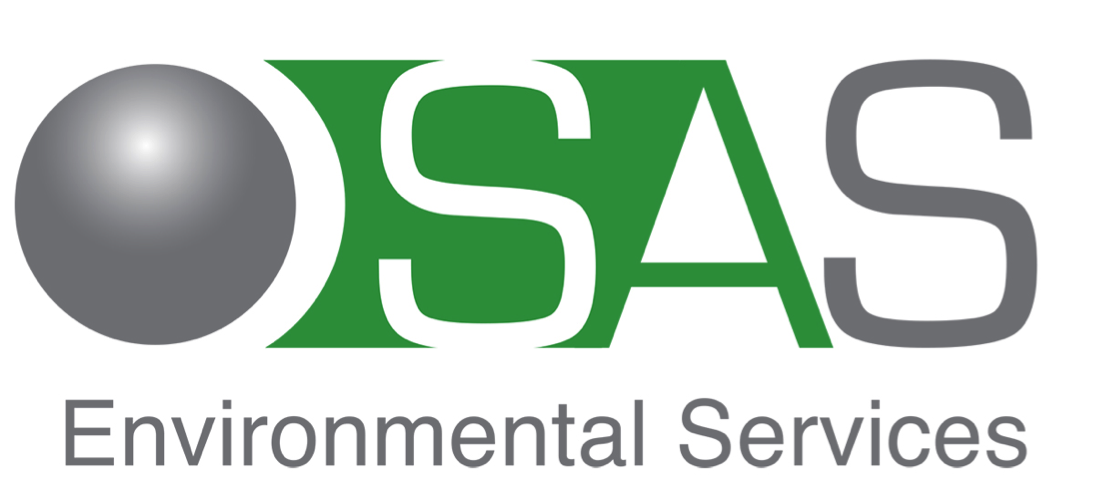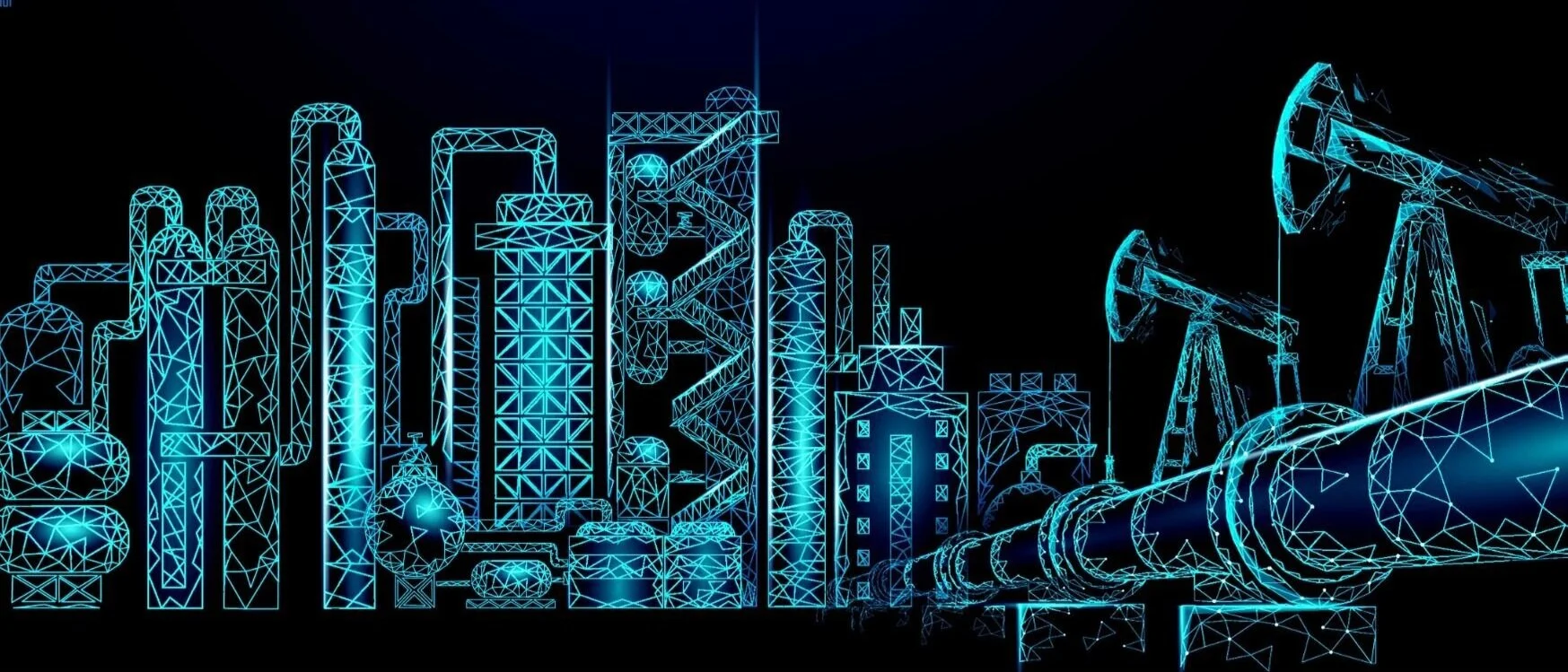Unprecedented Status
The oil & gas industry is in an interesting phase of its existence. The previous downturn in the oil industry in 2015 seems like yesterday to me! And here we are in a situation few would have predicted. The oil industry remains critical to the global economic engine. Some may not like that fact, but for now it is. When the great global engine slows down the oil industry is badly affected. There are some interesting things going on and each one on its own would merit serious reflection. All of them at the same time, well, that’s really making life interesting. Interesting times means there are opportunities abound.
The drop in oil demand is unprecedented. Some 10-15% reduction is extraordinary. This is causing oil prices to drop, operators to cut back spending and some smaller or older wells will be shut in.
The rise of renewable energy (exponential growth curve, we know all about that kind of growth now) and the constant reduction in costs of renewables puts pressure on oil & gas.
An Environmental Concern
A growing awareness and concern for climate change and the impact this has and will have around the world is starting to sway governments into action and is starting to make an impact on how people are going about their life. Covid-19 might have switched the focus short term, but this is an issue that won’t go away.
There is growing concern around the world on environmental issues. This may be plastics and how they remain in the environment, leaking of methane from oil and gas wells, oil sludge storage and oil spills and drilling waste being left for future generations to handle.
A Focus on Innovation
As an industry the oil industry has a long way still to go. The lock down of much of the industrialised world in the end only reduced oil demand by 10-15%. The idea that in a short space of time the world won’t need oil and gas is unrealistic. The opportunity for the industry lies no longer in reducing day rates or laying off some more people. The world is changing and the future in the oil industry will belong to those who can bring genuine new technology, proven in the field to market quickly.
The industry has long had a reputation of being slow to take up innovation. That won’t be good enough going forward. There is competition now and a much greater focus from governments, consumers and NGOs. None of that need be an issue. The oil industry is home to amazing technology and capabilities. Becoming more efficient means lower impact on the environment as well. That is a good thing.
Taking Action…
Governments too, have a role to play. There need to be clear signals through regulation, that the environment is not an add on, not a “nice to have”. The oil industry has fuelled an enormous economic growth and most people today are better off because of it. There is however a lot of cleaning up to do. Leaving the remediation of oil industry waste to future generations or governments or the UN is no longer acceptable. The industry needs to step up if it wishes to keep its social license to operate.
Are you interested in discussing the topic forward? Connect with Mark via LinkedIn:










